We're pleased to share a call for submissions for the Atlantis Short Story Contest. In its seventh year, the Atlantis Short Story Contest accepts entries from unpublished authors around the world who write their short stories in English. Entries should not exceed 2,500 words in length.
A group of editors led by Raffael Pozorski founded this short story contest with the shared goal of promoting the work of aspiring writers. The Atlantis Short Story Contest describes their work as "advanc[ing] the recognition of writers from around the globe. It is the first and only contest that offers a perceptive critique on every submitted short story as well as a chance to win cash prizes."
A group of editors led by Raffael Pozorski founded this short story contest with the shared goal of promoting the work of aspiring writers. The Atlantis Short Story Contest describes their work as "advanc[ing] the recognition of writers from around the globe. It is the first and only contest that offers a perceptive critique on every submitted short story as well as a chance to win cash prizes."

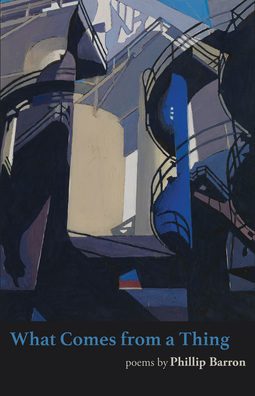
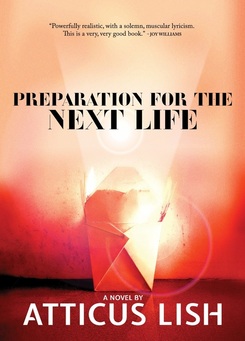
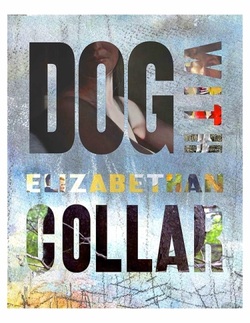

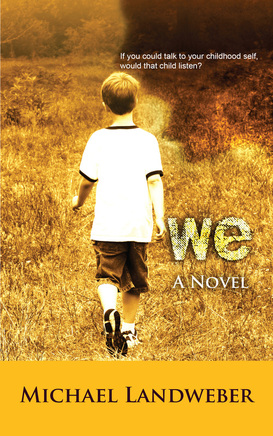
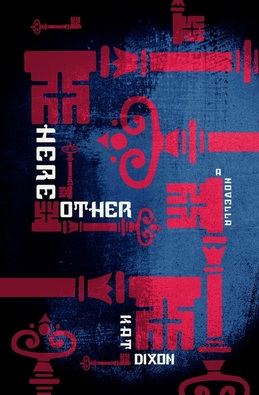

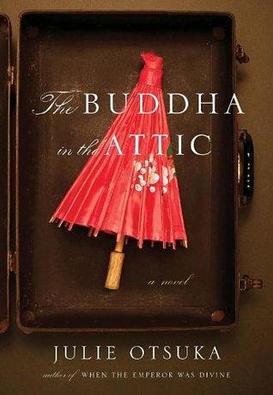

 RSS Feed
RSS Feed

